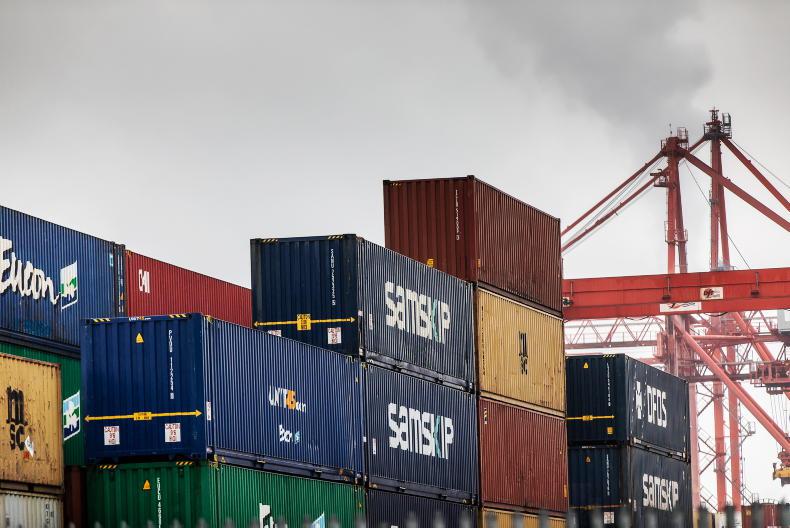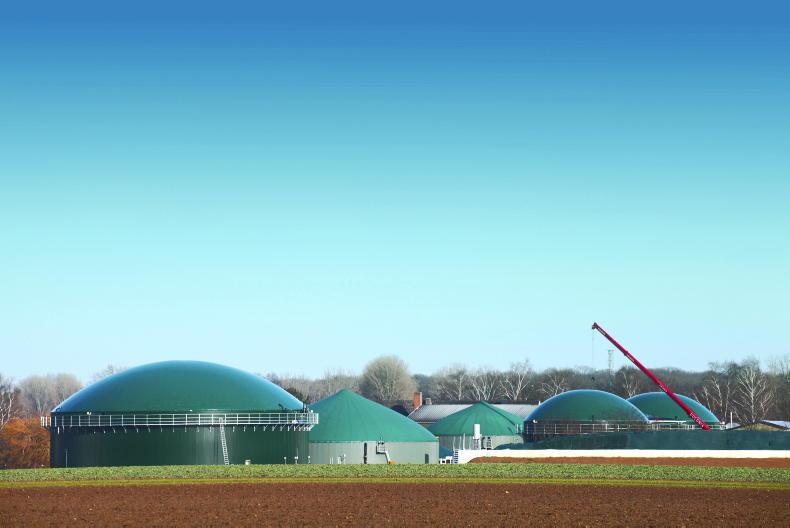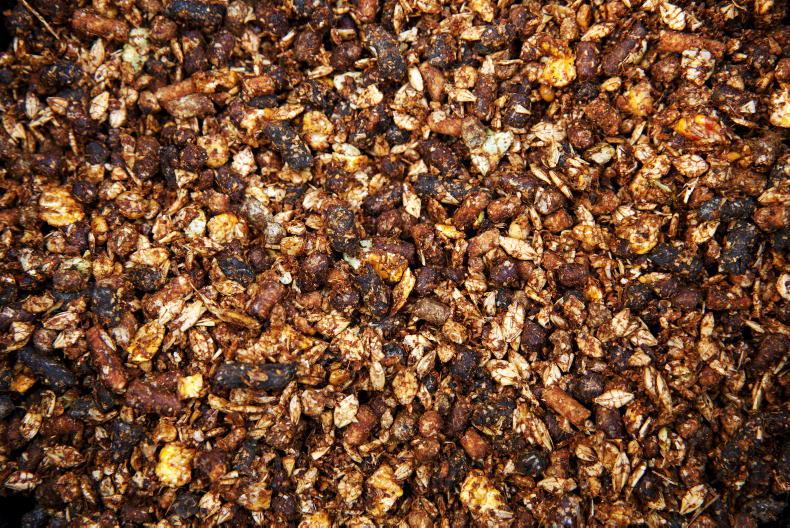Processing beef and lamb for export on the island of Ireland is a relatively recent concept.
It began on a large scale in the 1960s and 1970s, with the arrival of roll-on, roll-off ferries, when the business was all about killing cattle plus sheep and pigs and shipping the carcases to markets and cutting plants in Britain.
By the 1980s, the industry was deboning most of the carcases and selling boneless beef in the UK and increasingly in export markets as well.
BSE
This industry is never far away from a crisis and the arrival of BSE in the late 1980s led to the export ban for the UK in 1996, followed in 2000 by most of the world for EU beef.
At the same time, consumer purchasing habits were changing to supermarket buying and eating on the move, with burger chains becoming a major route to market for us. This was the start of what can be described as the second age for the meat industry.
It had to rebuild consumer confidence and service a smaller number of supermarket and burger chain buyers, not with carcase beef but boneless beef and, in time, retail packed shelf-ready product.
Quality assurance
The rebuilding of consumer confidence, which is retained to this day, was achieved on the foundation of the Farm Quality Assurance Scheme, driven by the LMC in Northern Ireland and the beef quality assurance scheme developed by Bord Bia in the Republic of Ireland.
Farmers have to be complimented for having the vision to embrace quality assurance, which is an on-the-record demonstration that is audited about just how well they farm.
It is also the raw material platform on which the meat processing industry can target the highest value markets, both at home and abroad. It is by looking everywhere that the best markets for each individual part of the carcase is found.
Third age
We are now entering what I believe is the third age for our industry.
Consumers have all the assurance about the quality and integrity of the beef from our farms and factories.
What will be required for the next 25 years and beyond is to produce beef with the absolute minimum carbon footprint. However, we also cannot look for a free pass in either farming or meat processing.
This is something that every factory and farmer on the island of Ireland has to embrace.
Think of sustainability as the issue for the next phase in the way that quality assurance was three decades ago.
In the Irish Farmers Journal recently, we reported that Oxfam has identified the danger of land being lost to food production, as corporations plant trees to mitigate their climate emissions. We are fortunate to have the grass and rain, the food and water for beef production.
World class sustainability
The UN has identified beef from western Europe as having emissions per kilo at one-third the South American level.
This industry has come long way since it began shipping beef carcases to England and lamb carcases to France.
To achieve the full potential for the product coming off Irish farms, we need to embrace sustainability in the way that we embraced quality assurance and then we must be prepared to advocate for what is probably the most sustainably produced beef in the world.









SHARING OPTIONS